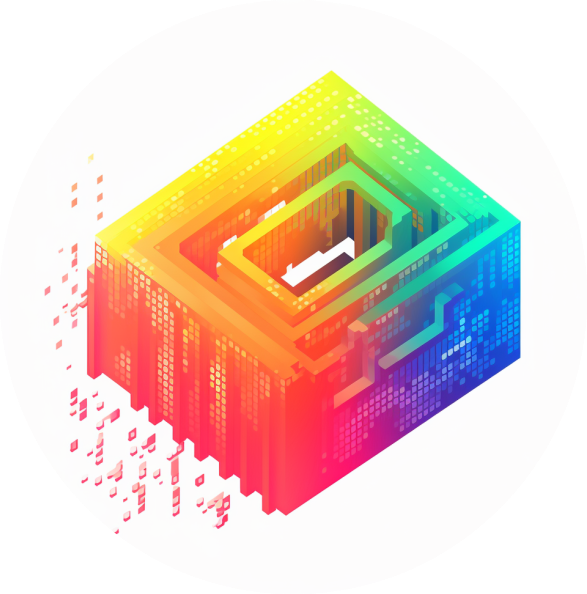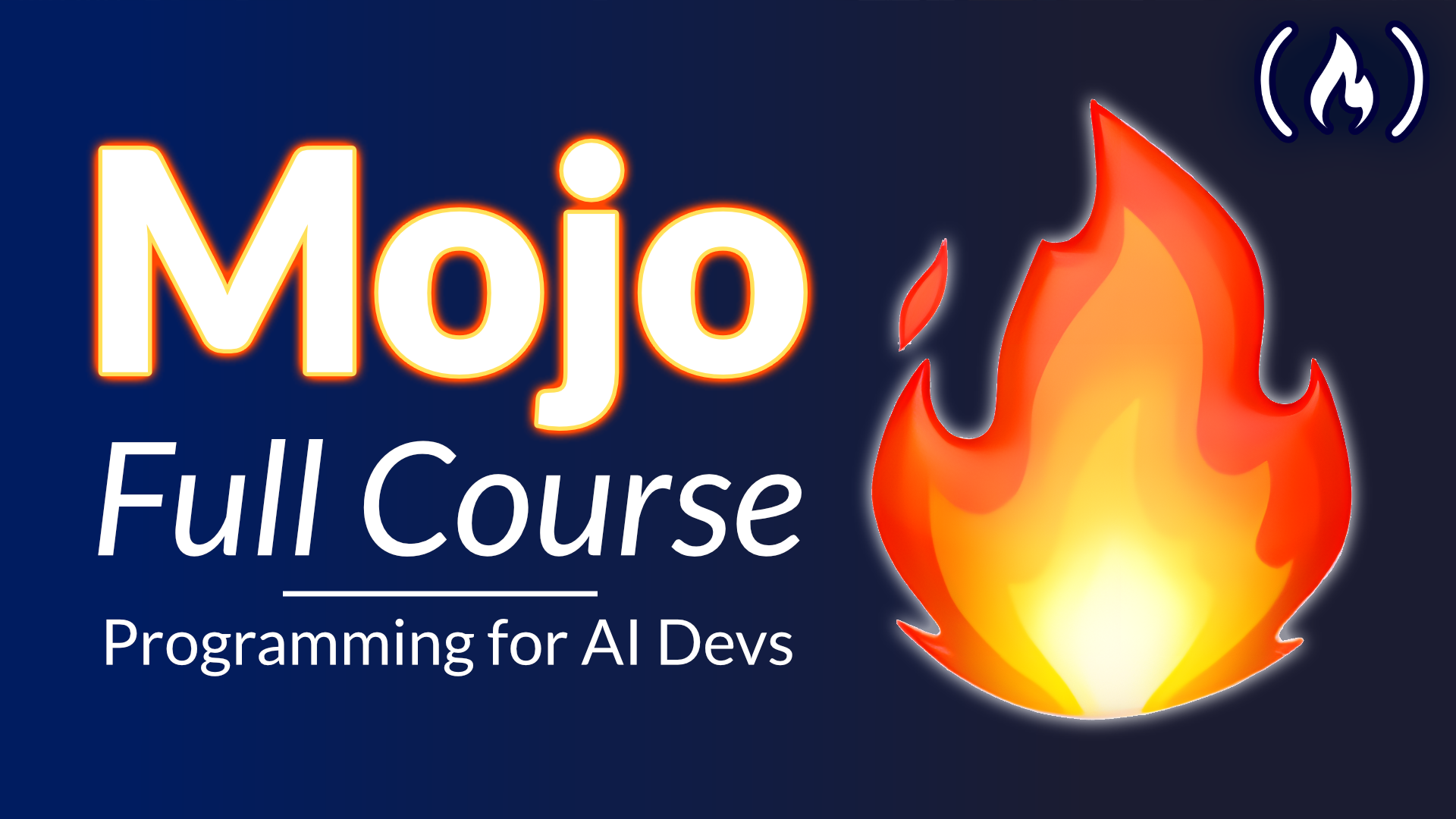The Solana Curriculum is a comprehensive guide that introduces learners to the world of smart contracts, decentralized applications (dApps), and command line tools. Developed by freeCodeCamp.org, this curriculum provides hands-on learning experiences and tutorials to help individuals gain proficiency in these cutting-edge technologies. Whether you are a beginner or an experienced developer, the Solana Curriculum offers a structured approach to understanding and implementing smart contracts and dApps. By following this curriculum, learners can acquire the necessary knowledge and skills to leverage Solana’s capabilities and contribute to the rapidly growing blockchain ecosystem.
Introducing the Solana Curriculum: Smart Contracts, dApps, and Command Line Tools
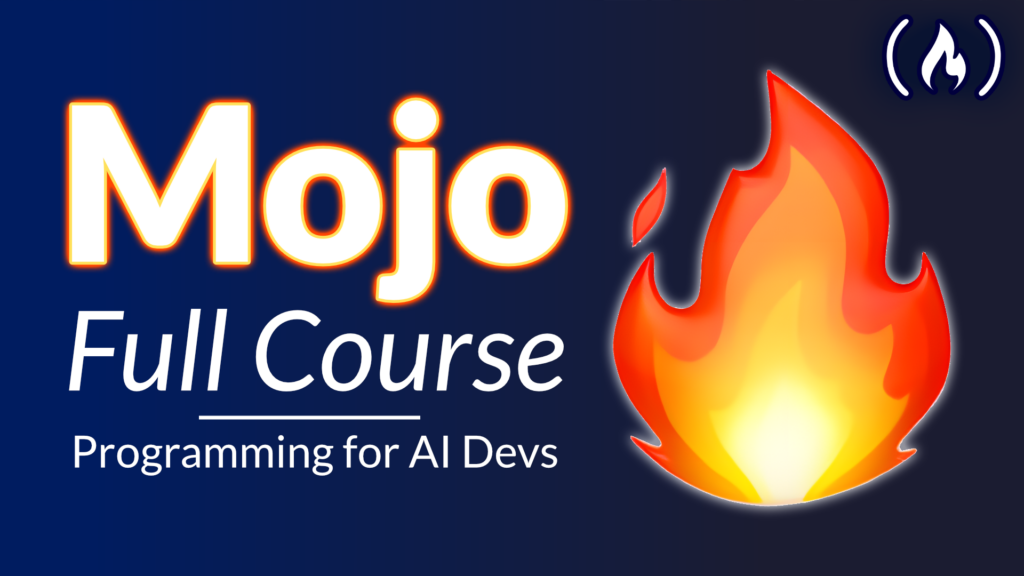
What is Solana?
Solana is a high-performance blockchain platform that aims to bring scalability to decentralized applications (dApps) and smart contracts. It was created by the Solana Foundation and is designed to handle thousands of transactions per second, making it one of the fastest blockchains in existence. Solana uses a unique combination of technologies to achieve this scalability, including proof of history, Tower BFT (Byzantine Fault Tolerance), and a decentralized clock called Proof of Replication.
Why learn Solana?
Learning Solana can provide numerous benefits for developers and businesses interested in building decentralized applications. First and foremost, Solana’s high throughput allows for faster transaction processing, making it ideal for applications that require quick confirmation times. Additionally, Solana’s scalability makes it suitable for projects that anticipate a high volume of user traffic. Solana also provides a secure and decentralized environment for building smart contracts and dApps, ensuring the integrity of transactions and reducing the risk of fraud or hacking. Finally, Solana’s ecosystem is rapidly growing, presenting opportunities for developers to network, collaborate, and contribute to the platform’s development.
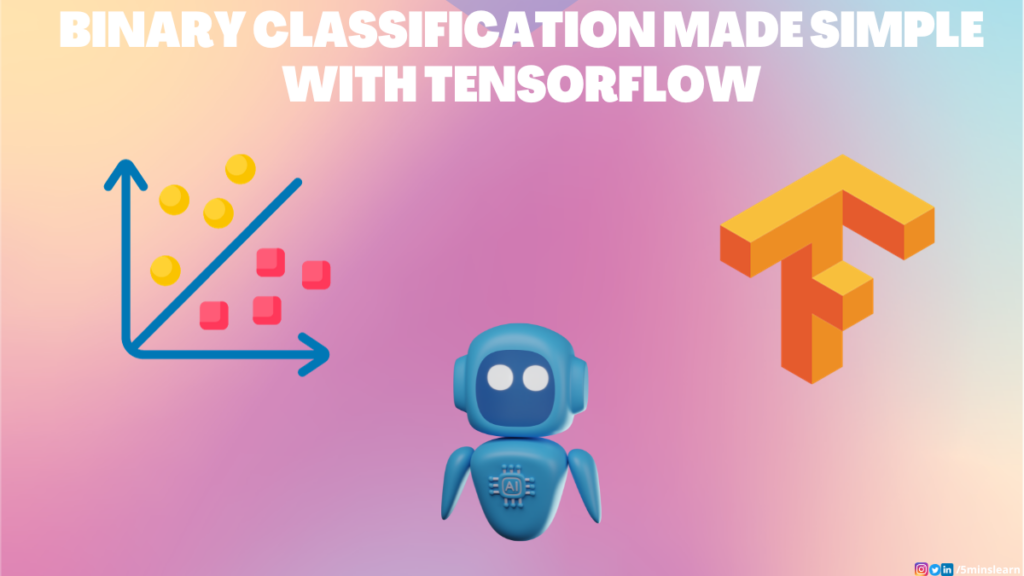
How to get started with the Solana Curriculum
To get started with the Solana Curriculum, you will need a basic understanding of blockchain technology and programming concepts. Familiarity with languages such as JavaScript and Rust will also be beneficial, as Solana uses these languages for developing smart contracts and dApps. The Solana Foundation provides a comprehensive set of resources for learning Solana, including documentation, tutorials, and sample projects.
Basic concepts in Solana
Before diving into the specifics of smart contracts and dApps, it is essential to understand some basic concepts in Solana. These include transaction processing, block production, and consensus mechanisms. Solana utilizes a unique combination of technologies called proof of history, Tower BFT, and Proof of Replication to achieve high throughput and scalability. Developers should also familiarize themselves with Solana’s token standard, SPL (Solana Program Library), which allows for the creation and management of custom tokens on the Solana blockchain.
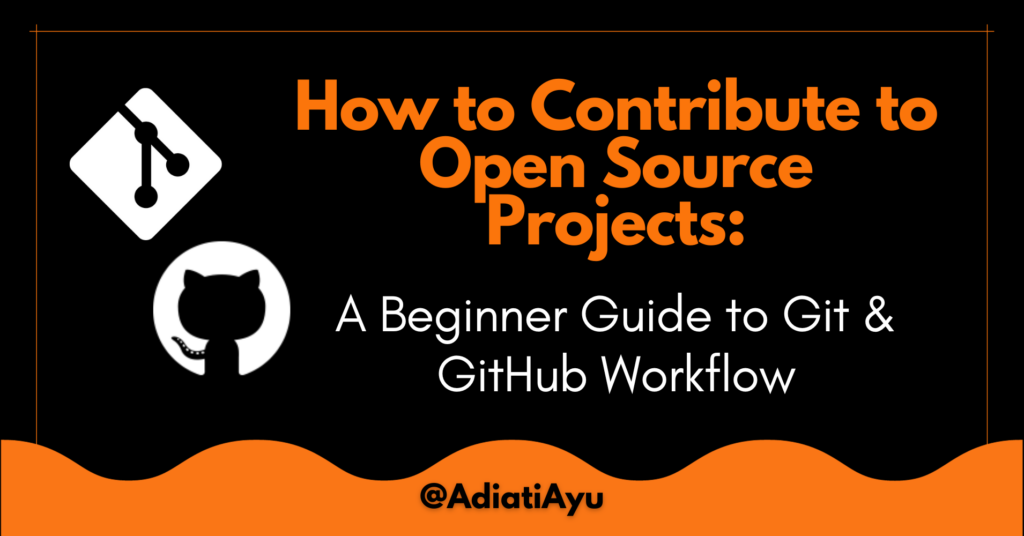
Smart Contracts in Solana
Smart contracts are self-executing contracts with the terms of the agreement directly written into the code. In Solana, smart contracts are written in programming languages such as Rust or C to ensure efficiency and security. Solana provides a development framework called Anchor that simplifies the process of creating and deploying smart contracts on the Solana blockchain. Developers can use Anchor to write smart contracts, test them locally, and seamlessly deploy them to the Solana network.
Creating and deploying dApps on Solana
Decentralized applications, or dApps, are applications that run on a blockchain network rather than a centralized server. Solana provides a developer-friendly environment for building and deploying dApps. Developers can leverage Solana’s high throughput and low transaction fees to create highly scalable and efficient dApps. The Solana ecosystem also provides tools and libraries that simplify common tasks in dApp development, such as interacting with smart contracts, managing user wallets, and handling token transfers.
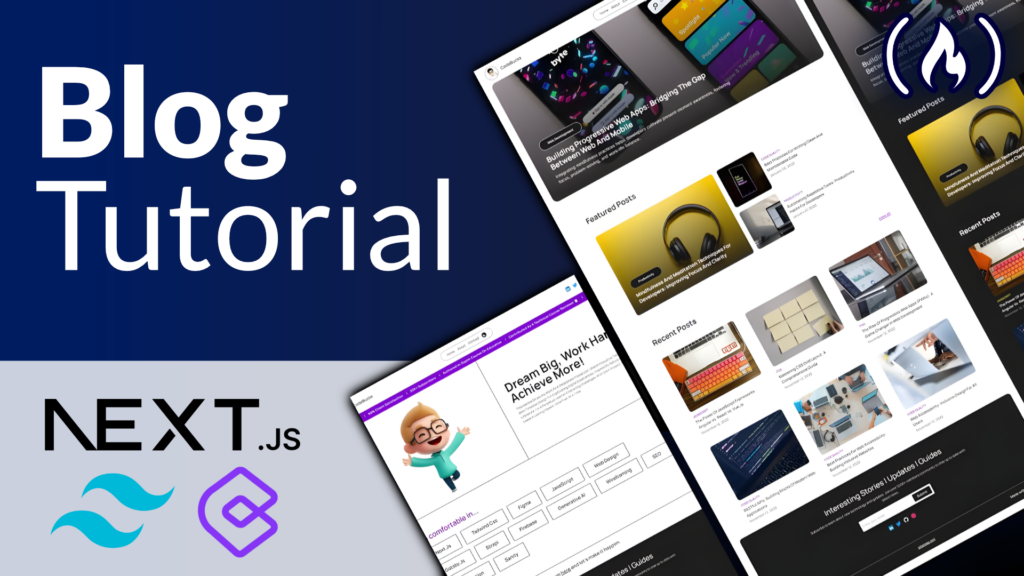
Introduction to Command Line Tools in Solana
Command Line Tools (CLI) are a crucial component of any developer’s toolkit, and Solana provides a comprehensive set of command line tools for interacting with the Solana blockchain. The Solana CLI allows developers to perform various tasks, such as creating and managing wallets, deploying smart contracts, interacting with the Solana network, and monitoring transaction status. Understanding how to use command line tools in Solana is essential for effective development and deployment of dApps and smart contracts.
Setting up Solana Command Line Interface (CLI)
To start using Solana’s Command Line Interface (CLI), developers will need to install the Solana CLI tool on their local machine. The Solana CLI is compatible with major operating systems such as Windows, macOS, and Linux. Once installed, developers can configure the CLI to connect to the Solana network of their choice, create and manage wallets, and interact with various features and functionalities of the Solana blockchain.
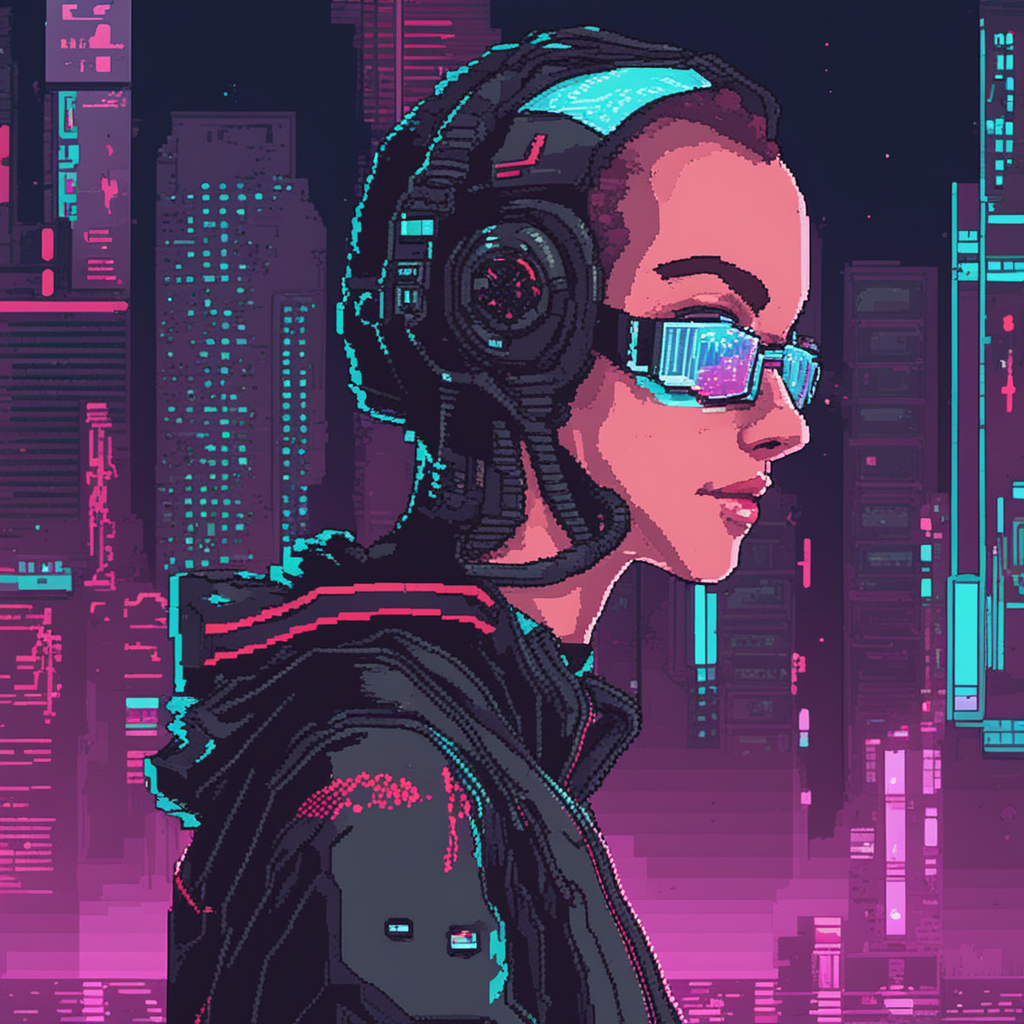
Interacting with Solana network using CLI
With the Solana CLI tool set up, developers can begin interacting with the Solana network. The CLI provides commands for tasks such as submitting transactions, querying the blockchain state, checking account balances, and monitoring transaction confirmations. Developers can use the Solana CLI to deploy and test smart contracts, transfer tokens, and interact with other dApps deployed on the Solana network. Familiarity with the Solana CLI is essential for efficiently using Solana’s features and functionalities.
Advanced features and tools in Solana
In addition to the basic concepts, smart contracts, dApp development, and command line tools, Solana offers several advanced features and tools that developers can explore. These include Solana’s decentralized finance (DeFi) ecosystem, which allows for the creation and management of financial applications on the Solana network. Solana also supports cross-chain interoperability, enabling developers to interact with other blockchain networks seamlessly. Developers can also leverage Solana’s Web3.js library to build interactive and user-friendly front-end interfaces for their dApps.
Exploring Solana’s ecosystem
Solana’s ecosystem is evolving rapidly as more developers and projects join the platform. Exploring Solana’s ecosystem can provide valuable insights into current trends, best practices, and opportunities for collaboration. Solana’s ecosystem includes Solana Foundation, a non-profit organization dedicated to the development and promotion of the Solana blockchain. There are also various community-led projects, forums, and developer communities where individuals can connect, learn, and share knowledge and experiences.
Other resources to learn Solana
In addition to the Solana Curriculum, there are several other resources available for learning Solana. These include official Solana documentation, which provides in-depth explanations, tutorials, and examples. The Solana community also actively contributes to open-source projects and provides support and guidance to developers. Developers can also access online courses, webinars, and workshops conducted by Solana Foundation and other educational platforms. Exploring these resources can enhance the learning experience and provide a well-rounded understanding of Solana.
Conclusion
The Solana Curriculum offers developers a comprehensive learning path to understand and utilize the features and functionalities of Solana. By familiarizing themselves with Solana’s basic concepts, smart contracts, dApp development, and command line tools, developers can leverage the high throughput and scalability of Solana to build efficient and secure decentralized applications. With Solana’s rapid growth and expanding ecosystem, learning Solana opens up opportunities for collaboration, networking, and contributing to the future of blockchain technology.
